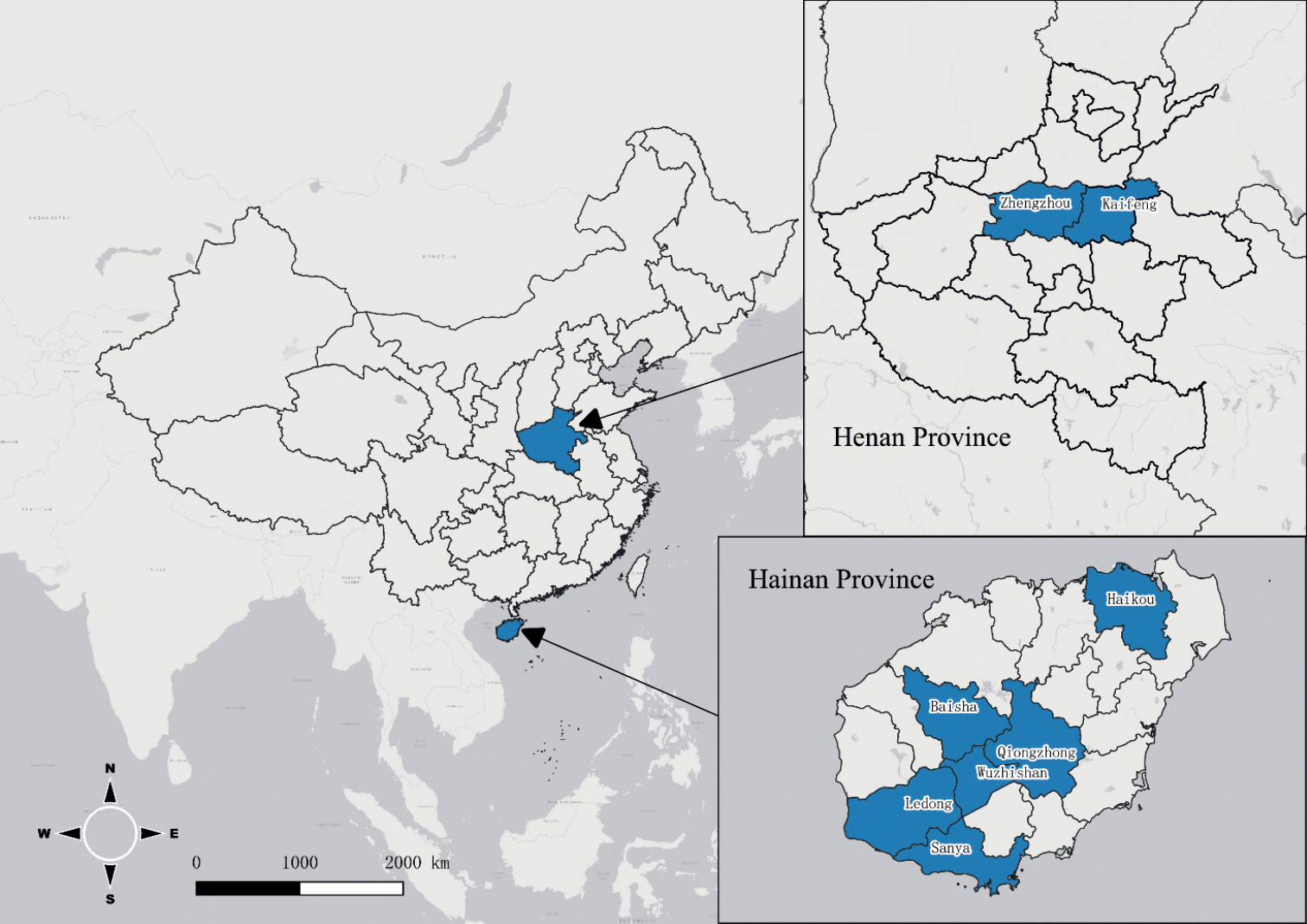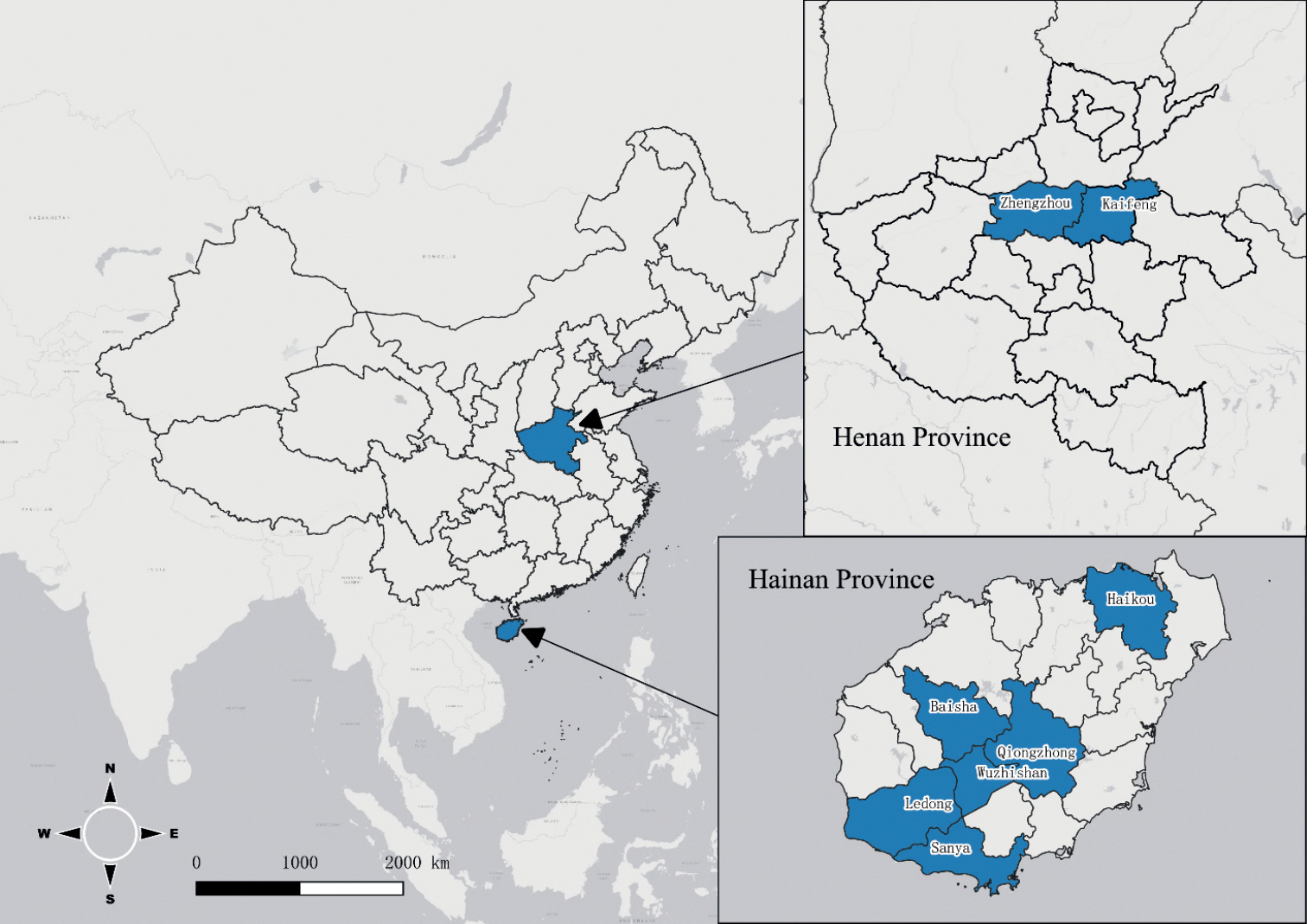Illegal pangolin widely used in China’s hospitals, pharmacies
 20 April 2023
20 April 2023
The pangolin found in Africa and Asia are among the most threatened species on the planet, and much of their decline in numbers is linked to Traditional Chinese Medicine (TCM). A new study details how widely available these pangolin products are in the hospitals and pharmaceutical shops of two Chinese provinces.
Dr. Yifu Wang, a postdoctoral researcher at University of Hong Kong, and colleagues in the United Kingdom set out to interview providers from Henan, a heavily populated mainland province in the country’s east, as well as those from the small resort island of Hainan province. All told, they spoke with doctors from 41 hospitals and another 134 owners or assistants of pharmaceutical shops.
Their results, published this month in the journal Nature Conservation, showed that medicinal pangolin products were available in two-thirds of the hospitals and 34% of the pharmacies in their study. Demand, however, is outpacing the supply that comes from legal traders, the report said. That’s despite steps taken by the Chinese government that some wildlife and environmental groups describe as half-measures that fail to address the problem.
In fact, 46% of the surveyed hospitals and 34% of the pharmaceutical shops were selling illegally.
“Although pangolin scales have recently been removed from the Pharmacopoeia of the People’s Republic of China, some patented medicines or ‘zhongchengyao’ in the Pharmacopoeia still contain pangolin scales as an ingredient,” explains Wang and her colleagues.
Hospitals and clinics that provide care rooted in TCM treated 962 million patients in 2016, one of the two study years, and they accounted for 15.8% of all medical services provided in China. Wildlife conservationists are increasingly concerned about the traditional practices because of the pressures placed on pangolin and other threatened species.
All eight species of pangolin are at risk of extinction, according to The Convention on International Trade in Endangered Species of Wild Fauna and Flora (CITES), with international trade effectively banned.
“Existing legal trade allows 711 hospitals to sell pangolin products as medicine with regulations on manufacturer, package, and national annual sale quantity,” explains Wang. “However, we show that pangolin scales are under heavy demand and unpermitted sellers are commonly found illegally selling pangolin products.”
China remains at the center of the pangolin problem, but the “current trade of pangolin products is truly international, with over 70 countries across four continents identified as being involved in the trade in various ways,” the paper authors said.
“The two current problems facing pangolin conservation that we highlight in China, widespread illegal trade and very limited legal supply capacity compared to market demand,” the authors said, “need urgent mitigation rather than relying on solutions that are not feasible in the near future.”
The researchers noted that their findings on TCM also might extend to other challenges Beijing faces with its wildlife trade, such as the demand for bear bile or saiga horn from the antelope species. And it will be important to integrate the TCM sector into efforts to protect species and combat illegal wildlife trade.

The post Illegal pangolin widely used in China’s hospitals, pharmacies appeared first on Sustainability Times.
